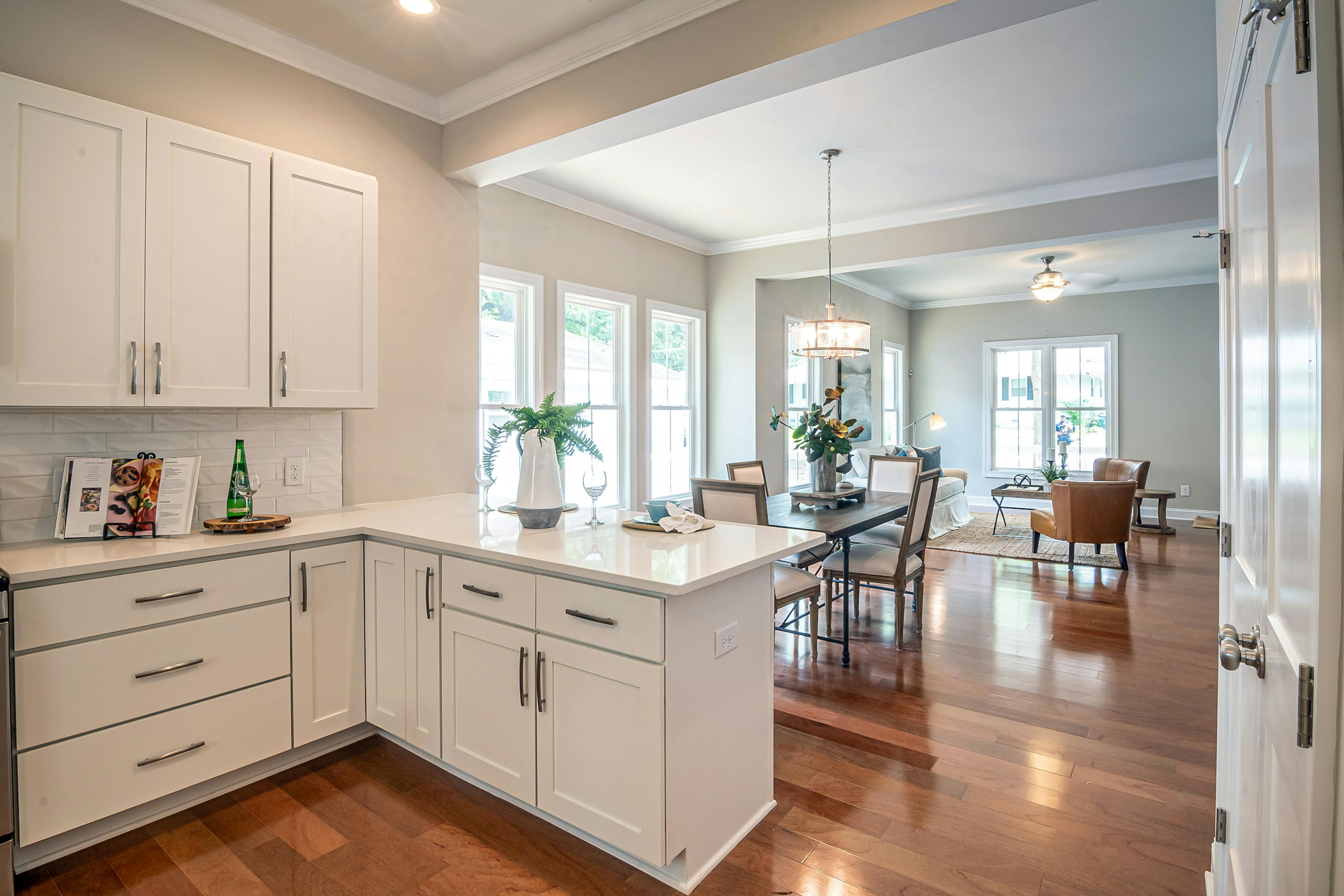Buying or selling a home in Edmonton is one of the largest financial decisions most people will make. A professional home inspection helps uncover hidden problems, protects your investment, and gives both buyers and sellers confidence in the transaction. By following a detailed home inspection checklist, you can avoid unexpected repairs and move forward with peace of mind.
Why Home Inspections Are Essential in Edmonton
A home inspection is not just a formality, it is an essential safeguard. It provides clarity on the condition of the property and creates transparency in the negotiation process. Buyers use inspection reports to better understand the true cost of ownership, while sellers can benefit from identifying issues early and addressing them before listing. In Edmonton’s market, where homes face harsh winters and aging infrastructure, an inspection can be the difference between a smooth purchase and a costly mistake.
Areas Covered in a Home Inspection Checklist
Foundation and Structure
The foundation supports the entire home, making it one of the most critical areas to inspect. Edmonton’s freeze and thaw cycles put pressure on concrete slabs and basement walls. Inspectors look for cracks, water seepage, and signs of uneven settling. These problems, if left unresolved, can compromise the structural stability of the home and result in major repair costs.
Roof and Exterior
The roof protects the property from Edmonton’s snow, ice, and strong winds. Inspectors review shingle condition, flashing, and gutters to make sure water is draining correctly. They also check siding, windows, and doors to confirm they are properly sealed against the elements. A failing roof can quickly lead to interior water damage, so this is an area where small issues can become very expensive if ignored.
Plumbing Systems
Plumbing problems can cause damage that spreads throughout the home. During an inspection, water pressure is tested, pipes are checked for leaks or corrosion, and the sump pump or drainage system is assessed. Inspectors also evaluate the water heater for age and performance. In many Edmonton homes, outdated plumbing materials are still present, making this review especially important.
Electrical Systems
A safe and efficient electrical system is non negotiable. Inspectors check the main panel, ensuring it has enough capacity for modern appliances. They look for outdated or unsafe wiring and confirm that ground fault circuit interrupters are in place in kitchens, bathrooms, and basements. Electrical problems are costly to fix and create safety hazards, so this part of the checklist carries significant weight.
Heating and Cooling (HVAC)
In Edmonton’s long winters, the furnace is one of the most vital systems in the home. Inspectors examine the furnace for age, maintenance history, and energy efficiency. Air conditioning units, ductwork, and ventilation are also reviewed. Poorly maintained systems not only cost more to run but can also fail when they are needed most.
Insulation and Ventilation
Energy efficiency and comfort depend on proper insulation and airflow. Inspectors evaluate attic insulation levels, look for signs of moisture or mold, and ensure ventilation is adequate. Without these protections, homes may suffer from condensation, high energy bills, and long term structural damage.
Safety Concerns
Safety is always a priority during inspections. Common items reviewed include smoke and carbon monoxide detectors, stair and railing security, and visible code compliance. While these issues may seem minor compared to foundation or roof concerns, they directly impact the health and safety of occupants.
Edmonton’s Housing Challenges to Watch For
Edmonton’s climate creates specific risks that inspectors are trained to recognize:
- Freeze and thaw cycles that crack foundations and driveways.
- Roof damage caused by snow loads and ice dams.
- Furnace systems that are pushed to their limits during long winters.
- Poor grading and drainage that cause water pooling around basements.
Homes in the city require special attention to these factors, and inspectors familiar with local conditions can provide more accurate guidance.
The Value of Hiring a Professional Inspector
A home inspection in Edmonton typically costs between $400 and $600. While some may see this as an added expense, it often saves buyers and sellers thousands of dollars. For example, identifying a failing roof before purchase could prevent an unexpected $7,000 replacement. Spotting an aging furnace may allow buyers to negotiate for repair credits or a price reduction. Viewed this way, inspections are an investment in financial protection.
How Inspections Shape Real Estate Negotiations
The results of an inspection can have a major influence on how deals progress. Buyers can use the findings to request repairs, negotiate a lower price, or receive credits to cover upgrades. Sellers who invest in a pre listing inspection can show that their home is well maintained, giving them an advantage when attracting serious buyers. In both cases, inspections remove uncertainty and help ensure smoother transactions.
Choosing the Right Inspector for Your Home
The quality of the inspection depends on the professional hired. In Edmonton, a strong inspector should have proper licensing, local experience with housing styles and climate related challenges, and a reputation for detailed reporting. Good inspectors do not just list issues, they explain their significance and suggest next steps. This guidance helps both buyers and sellers prioritize what truly matters.
Moving Forward with Confidence
A home inspection checklist provides buyers and sellers in Edmonton with the clarity needed to make informed real estate decisions. By carefully reviewing each system, addressing local housing risks, and relying on a qualified inspector, you protect yourself from costly surprises and move forward with confidence.
Learn more about buying and selling in Edmonton with Ryan Sellers.




